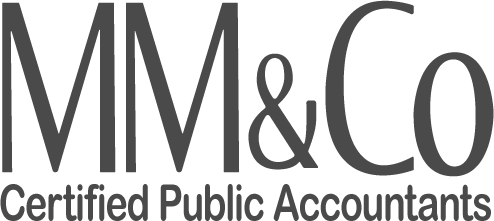Sole proprietorship
The sole proprietorship is the simplest business form under which one can operate a business. The sole proprietorship is not an artificial being created by operation of law. It simply refers to a person who owns the business and is personally responsible for all its transactions, having the right to sell, earn income and incur obligations. A sole proprietorship can operate under the name of its owner or it can do business under a fictitious name, such as ABCD Trading. The fictitious name is simply a trade name–it does not create a legal entity separate from the sole proprietor owner. It is called “business style” based on Revenue Memorandum Circular (RMC) 55-2019.
Sole proprietorships are also the easiest to run since they do not have the same formalities and regulations that corporations and partnerships have, such as board meetings, board elections, share capital, etc.
How to Register a Sole Proprietorship in the Philippines
Since the law treats the owner and the business as the same, the sole proprietor only needs to register his or her name with the Department of Trade and Industry (DTI) and secure local licenses and permits to commence business operations.
Steps to Register:
- Register a business name with DTI to acquire a DTI Certificate of Registration;
- Register with the Barangay Office where the business is going to be located to acquire a Barangay Certificate of Business Registration;
- Register with the Mayor’s Office to acquire a Mayor’s Permit; and
- Register with the Bureau of Internal Revenue (BIR) to acquire a Certificate of Registration.
- Register with the SSS, PHIC and HDMF, as applicable.
- Register Books of Accounts
- Apply for Authority to Print Receipts (sales invoice or official receipts, and other supplemental documents)

